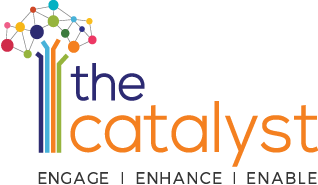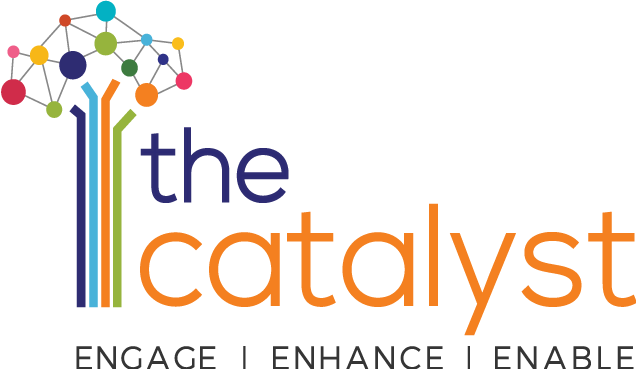The discussion to conduct a 3-month long journey based program began with a thought to help the ASMs hone their functional and managerial skills in the general trade channel to equip them to handle the challenges of the VUCA world better. The above was identified as a focus area by one of the world’s largest manufacturers and distributors of confectionery products.
The intervention was conducted for the entire batch of ASMs across India.
Stage 1: Capturing Voices
The Catalyst team conducted detailed stakeholder calls to understand the current challenges due to the ongoing Covid-19 scenario to customize the content. During the discussion, we diagnosed concerns related to influencing and motivating various stakeholders in the new virtual setup while at the same time updating them with new tools and technology in the field of effective remote sales. The entire exercise was done to understand where they currently stand, what we wish to achieve post the interventions, and how to analyze the applications of the learnings & the success of the program.
Stage 2: Designing the Intervention
The stakeholder calls gave us enough insight on the issues prevailing at BSM, ASM, and even at the higher level. The ASM team was facing challenges due to a lack of field visits leading to a loss of touch with ground realities and lack of information from the field. They needed to push a digital mindset amongst their team to ensure correct usage of reports, data, and apps. Also, the ASMs were facing mounting business pressure during the COVID crisis which made it difficult for them to focus on the right categories of markets to drive results while sustaining distributors and salesmen interest. Further, they were reluctant to change – unable to think positively and creatively which was further resulting in a low work-life balance.
The various findings from the calls were then given a final shape in the form of a learning journey consisting of 8 online modules with 2 learning assimilation sessions at necessary intervals spread over 90 days. The entire program was structured in two phases- as Adapting to the New Normal & New Age Sales Effectiveness.
Stage 3: Commencement of the Program:
The biggest challenge in front of the team was to motivate self as well as the team. The idea of ‘what’ and ‘why’ the change was needed had to be ignited amongst the team members.
The journey started with the session on motivating the participants to break mental barriers’ while at the same time manage and motivate the team to perform even during challenging times. The participants were guided on the 3 steps of change and were given the plan for Building, Communicating, and Tracking the change using the Head, Heart & Hand.
The sessions helped the ASMs understand that everybody is going through the change process and hence managing self, emotions along with time and energy and building an engaged virtual environment was kept at the helm of the first phase of the journey. Every module ensured some tangible take away, ensuring implementation right at the ground level.
As we completed our second intervention, on handling virtual teams, the participants started witnessing changes in terms of people sharing ideas and best practices. They also started to approach each other, breaking geographical barriers and sharing ideas. This was possible just in the second intervention.
Since the journey was designed keeping in mind the post-session action tasks, the sales teams in different geographies could recall their learning and put it into action immediately to see results. The sales leaders have now adapted themselves to the virtual setup, started connecting with salesmen on virtual platforms with a clear meeting agenda showing an increased trust in them, which developed a better professional bond and improved their productivity. This helped salesmen to work more independently and not only increased their decision-making skills but motivated them to negotiate effectively.
As the tracking mechanisms are being followed effectively, the ASMs are now able to keep a close watch on sales metrics. Now the sales team can seamlessly measure the time saved using the right tools introduced during our sessions.
Today the entire sales team is confident enough to implement the learnings, not only in the current sensitive environment of Covid 19 but is firm on continuing the same in the post covid19 world. They feel the virtual sales environment has saved time and efforts of the entire team and has also positively impacted business growth.
Stage 4: Measuring Effectiveness:
The success of the program depends a lot on how and when the assessment is intertwined during the journey. The 2 assimilation sessions helped us understand if the participants can apply the learning in the field /day to day interactions with their team. The overall feedback score received has been satisfactory. More than 90% of the participants shared their feedback from the application and adaptation point of view using a questionnaire shared with the participants.
The questionnaire format was used as an effective tool to discuss the individual’s success and the challenges during the assimilation session. The findings of the same were useful for the L & D team as well to make the necessary changes in the training design to fill the gaps and practices to be reinforced further. The feedback for the entire project has been very heartening. While we have received stellar feedback scores for our sessions, we also have the satisfaction of seeing projects coming to fruition and actual sales effectiveness going up.



